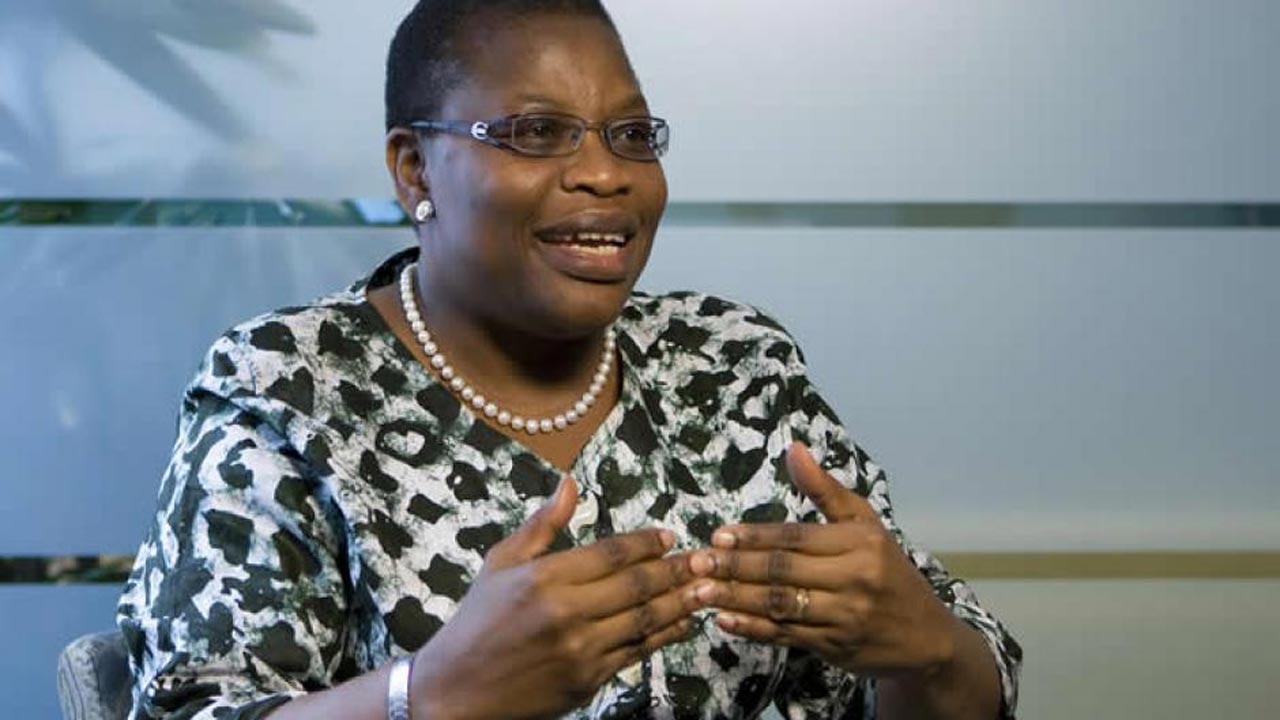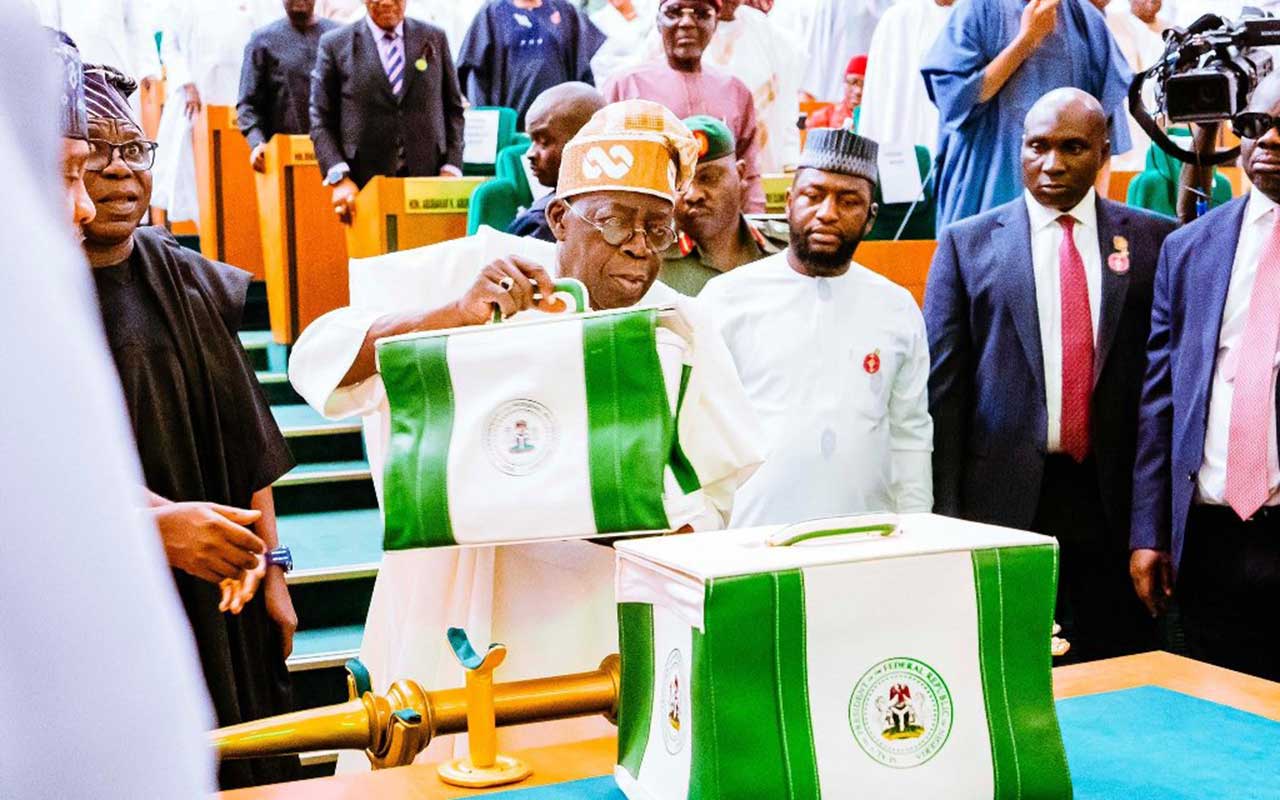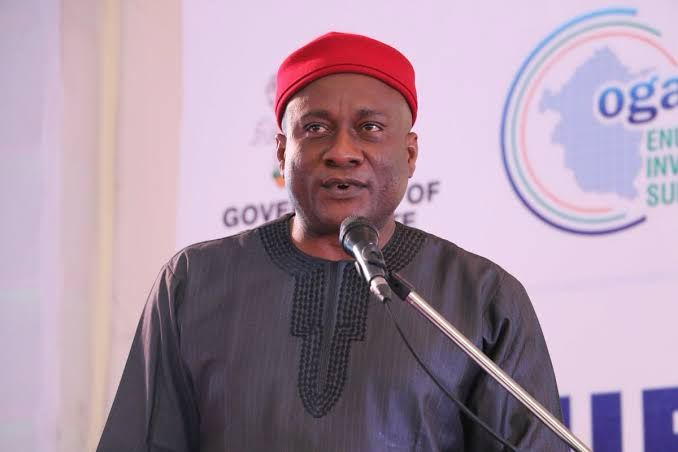The Academic Staff Union of Universities (ASUU) on Friday warned that a full-blown strike may be inevitable due to what it described as the Federal Government’s discouraging approach to resolving the industrial dispute declared by the union.
Addressing journalists at the Ladoke Akintola University of Technology (LAUTECH), Ogbomoso, the Coordinator of ASUU’s Ibadan Zone, Professor Biodun Olaniran, accused government officials of feeding the public with false narratives while frustrating efforts to conclude the renegotiation of the 2009 FGN-ASUU Agreement.
He explained that the union’s core demand is the renegotiation of the 2009 agreement, currently being handled by the Alhaji Yayale Ahmed-led committee, which is expected to produce a new salary structure to replace the Consolidated University Salary Scale (CONUASS) in view of the country’s persistent inflationary trend.
ASUU had declared a two-week warning strike on October 13, 2025.
The action was suspended five days before its expiration following what the union described as genuine interventions from students, parents, the Nigerian Labour Congress (NLC), the media, and other critical stakeholders.
The union subsequently gave a one-month window, in line with the NLC’s ultimatum, for the government to conclude negotiations on the 2009 agreement and resolve all outstanding issues.
The Ibadan Zone comprises the University of Ibadan, University of Ilorin, Ladoke Akintola University of Technology, Osun State University, Kwara State University, and Emmanuel Alayande University of Education.
At the press conference, Professor Olaniran, flanked by other zonal chairmen, lamented that ASUU had expected a government committed to national development and technological advancement to expedite action toward meeting the union’s demands.
He said the government had instead failed to demonstrate seriousness, adding that only misinformation, disinformation, and propaganda had characterized the renegotiation process even with just eight days left before the expiration of the union’s ultimatum.
He acknowledged the release of part of the four-year promotion arrears and third-party deductions such as union dues, cooperative contributions, and pension deductions, but insisted that these gestures should not be misconstrued as full resolution of ASUU’s demands.
According to him, the National Executive Council (NEC) of ASUU, which met at Taraba State University on November 8 and 9, reviewed the union’s engagements with the Federal Government and state university authorities.
The NEC expressed concern over insecurity, economic hardship, and the worsening welfare of academic staff.
Professor Olaniran condemned the role played by some government officials in the renegotiation process, warning that unless the government takes decisive action to offer a competitive salary structure within the remaining timeline, students in public universities may once again experience disruptions to their academic calendar.
He appealed to stakeholders to prevail on the government to avert the looming crisis.
He revealed that the counter-offers presented by the government through the Yayale Ahmed Committee were rejected by ASUU, describing them as inappropriate and unacceptable.
He noted that academics have been on the same salary structure for 16 years, even as counterparts in many West African countries earn higher wages, while Nigerian politicians remain among the highest-paid globally.
He argued that the problem is not a lack of resources but a lack of political will to properly fund quality education.
Olaniran also noted that three-and-a-half months’ salaries of ASUU members in federal universities, withheld following the 2022 strike, remain unpaid.
He added that many state universities have also failed to pay withheld salaries, promotion arrears, and Earned Academic Allowances (EAA).
He cited Osun State University, which is yet to release salaries withheld in 2018 and 2020 or pay arrears of the reduced 2015–2019 EAA, and LAUTECH and KWASU, where EAA and promotion arrears also remain outstanding.
He described these actions as indifferent, anti-progress, anti-labour, and inhumane, and demanded the unconditional payment of all withheld salaries, promotion arrears, and outstanding EAAs to academic staff who are members of ASUU.






